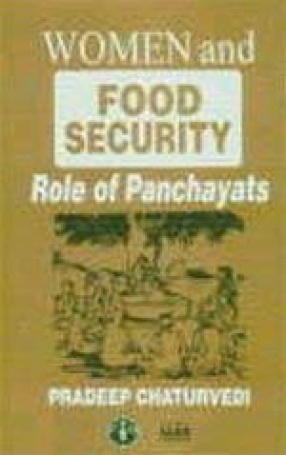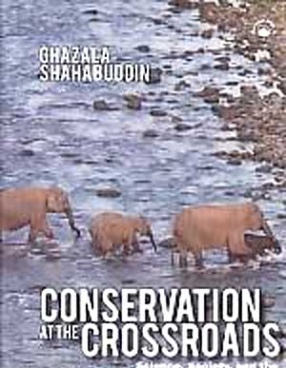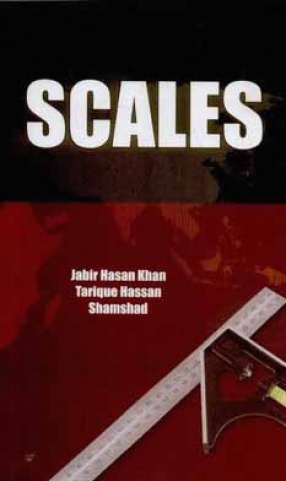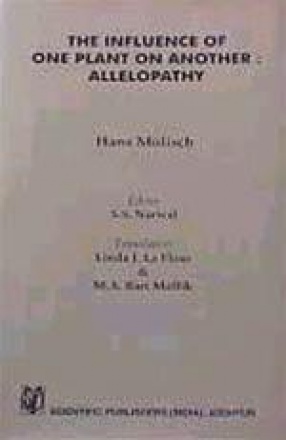Fuelwood and the agro residues have been important inputs for the rural energy supply for over 75% of the population in India and other countries of South Asia. Fuelwood has been meeting up to 93% of the total demand in some of the countries, through in India it meets only 37% of the demand. The ratio between fuelwood, originating from forests and non-forest land is generally not known precisely but certain studies have indicated that about one-third of the fuelwood originates from the forest land and about two-third from non-forest land. Typically, non-commercial sources of fuelwood are located within 20 kms from the end users. Secondary sources of woodfuel are residues from logging and wood processing industries. In some areas, recycled wood supplies as much as 20% of total fuelwood. Recent observations have also indicated that except for localised areas, fuelwood use is not a main cause of deforestation. Appropriate policies in the forestry and agriculture sector can facilitate the sustainable production and good use of fuelwood without undermining the conditions necessary for the production of wood products. Adequate policies can support, environmental management and social development. RWEDP projects that overall trends in demand and potential supply in South Asia indicates that by 2010 the sustainable aggregated potential supply of fueldwood may still outweigh aggregated consumption. The projections also indicate that the consumption patterns for fuelwood are not going to drastically change and that there will be no serious fuelwood shortage to year 2010. The book deals in depth with the biomass production and requirement in South Asia, with specific reference to India.

Rural Energy for Sustainable Development: Technology and Environmental Issues
$23.75
$25.00
In stock
Free & Quick Delivery Worldwide
All orders amounting to US$ 50 or more qualify for Free Delivery Worldwide. For orders less than US$ 50, we offer Standard Delivery at $14 per book.
ABOUT THE AUTHOR Pradeep Chaturvedi
Pradeep Chaturvedi, Chairman of the Institution of Engineers (India), Delhi State Centre, is a Mechanical Engineer and an energy and environment expert. He has been involved with sustainable development issues, mainly the energy policy and planning and implementation of environment friendly sustainable energy projects for over three decades in India and other Asian and Pacific countries. As a Member of the Perspective Planning Group of Planning Commission, preparing Development Vision 2020, he contributed ‘India’s Energy Vision 2020’. He has been actively involved with the formulation of Energy Conservation Act 2001 and the Electricity Bill 2001. Mr. Chaturvedi has been involved with the Studies Programme of the World Energy Council since 1983. His understanding of energy issues of the South Asia Region, in the global context, has been widely appreciated. Mr. Chaturvedi was deeply involved with the preparatory phase of the World Summit of Sustainable Development. He is also involved in the follow-up phase. Mr. Chaturvedi is Vice-Chairman of the UNESCO sponsored World Renewable Energy Network; and Vice Chairman of the World Environment Foundation, both based in UK; and President of the Bio Energy Society of India. He is also a Visiting Faculty at IIT, Delhi. Mr. Chaturvedi has authored six and edited 25 books on Energy Management and Sustainable Development. These books are widely referred to understand the situation in the country.
reviews
0 in total
Review by Anonymous
Be the first to review “Rural Energy for Sustainable Development: Technology and Environmental Issues” Cancel reply
You must be logged in to post a review.
Bibliographic information
Title
Rural Energy for Sustainable Development: Technology and Environmental Issues
Author
Edition
1st ed.
Publisher
Length
xi+186p., tables
Subjects






There are no reviews yet.